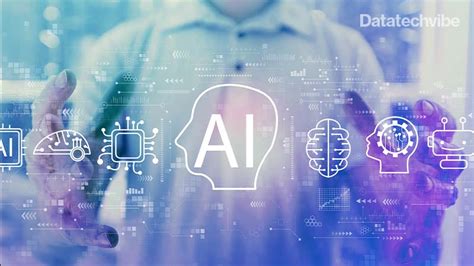The recent inclusion of **Paul Nakasone**, former Director of the National Security Agency (NSA) and Commander of U.S. Cyber Command, into OpenAI’s board has drawn significant attention and criticism, particularly from well-known whistleblower **Edward Snowden**. Nakasone’s entry into OpenAI is perceived by Snowden as indicative of a deeper, more insidious relationship between large tech corporations and government surveillance that many believe threaten personal privacy and autonomy. This concern isn’t just Snowden’s alone but is echoed widely across the tech and privacy advocacy communities.
For those unfamiliar, OpenAI has been a pioneering entity in the development of artificial intelligence technologies. From **ChatGPT** to other advanced machine learning models, their work has notably impacted various sectors. However, the addition of a high-ranking government official known for his involvement in surveillance has naturally rung alarm bells. It encourages speculation regarding how data handled by OpenAI could potentially be influenced by national security agendas. **Smeevy**, a commentator, insinuated that OpenAI might act as a tool of the American surveillance state, an assertion that furthers the debate on whether or not the integration of Nakasone compromises the integrity of this tech giant.
Critics argue that ties between OpenAI and figures like Nakasone are problematic due to the potential for these relationships to lead to unwarranted surveillance. Past precedents suggest that tech collaborations with government bodies are typically not transparent, which understandably fuels distrust. The scope of data collected by AI models, ostensibly for improving machine learning algorithms, could be vast. Users rightly worry about how this data might be utilized beyond intended purposes. **klAsglx** points out that individuals like Snowden, Assange, and Manning appear to be ostracized more severely by governing systems, suggesting that control over such tech entities might not merely be benign but calculated.
The potential for misuse of AI and big data extends beyond mere government spying. With stronger ties to national security agencies, the likelihood of AI systems being leveraged for manipulative or coercive purposes also increases. For instance, integrating powerful AI technologies with surveillance systems could lead to an Orwellian future where privacy is a relic of the past. **RegularOpossum** and other commentators underscore the importance of scrutinizing these developments critically. They argue that Nakasone’s presence on OpenAI’s board may represent more than simple collaboration but a tipping point in the balance between innovation and control.
Conversely, some believe that integrating high-level security personnel could enhance the **security posture** of entities like OpenAI. This could theoretically fend off cyber threats and improve regulatory compliance. **jlaporte** suggests that having someone with Nakasone’s credentials might actually benefit OpenAI’s security measures. Yet, even these more supportive views acknowledge the importance of being vigilant about the broader ramifications. In a world where data is the new oil, the ethical deployment of artificial intelligence becomes central. OpenAI’s mission, which began as a noble quest for beneficial AI, must be continually examined through the lens of the broader societal impact.
Moreover, the ethical considerations surrounding AI aren’t limited to just privacy concerns. AI’s impact on democracy, economic systems, and possibly even on mechanisms of war necessitate a broader discourse. **AndrewKemendo** aptly describes OpenAI not as an indie tech corporation but as an embodiment of ‘cynical, alienating, self-important narcissistic capitalism.’ It is crucial that tech enthusiasts, developers, and policymakers collectively work toward ensuring AI technologies serve humanity as a whole rather than becoming yet another tool for power consolidation. The conversation around AI, governance, and ethics must progress in tandem with technological advancements to mitigate potential excesses and abuses.


Leave a Reply